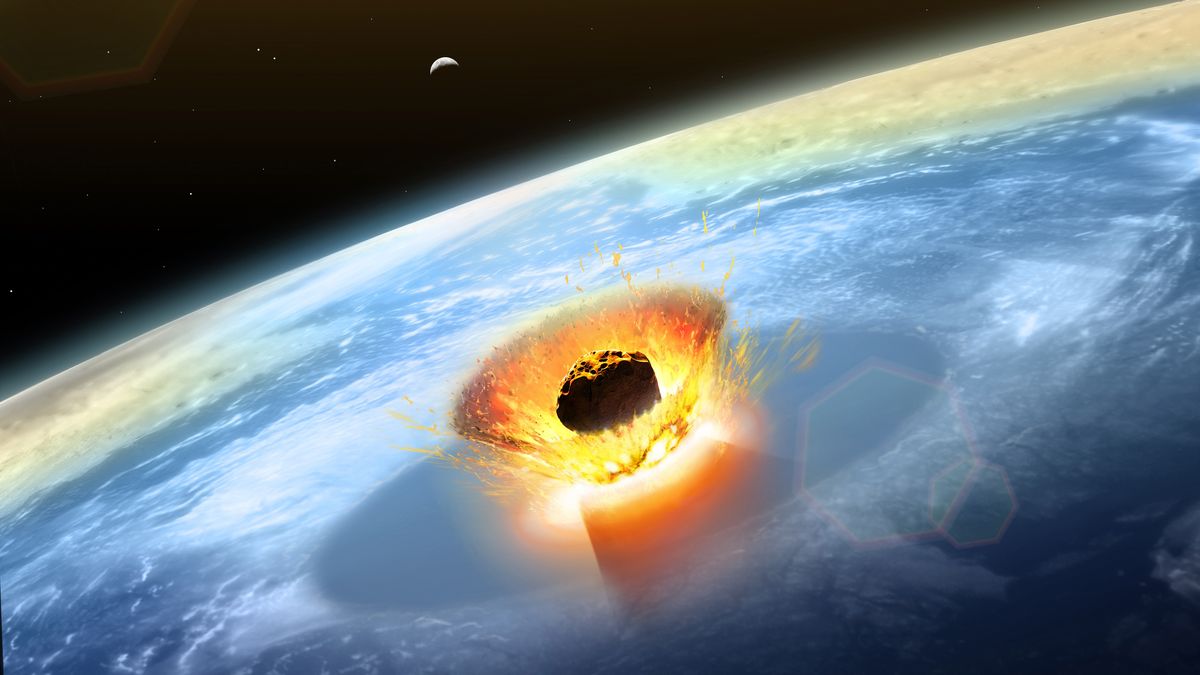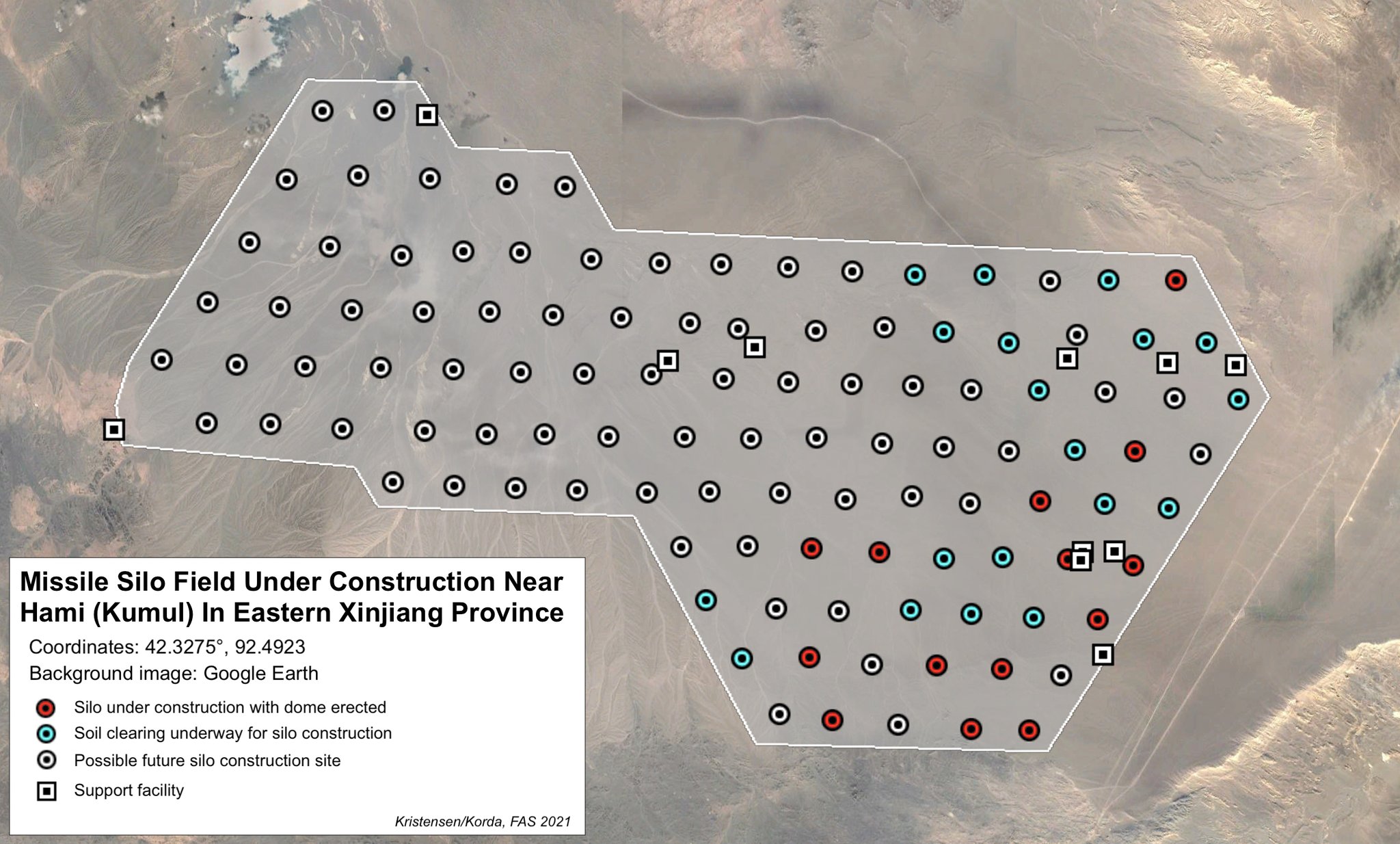
Origin of dinosaur-ending asteroid possibly found. And it's dark.
About 66 million years ago, an estimated 6-mile-wide (9.6 kilometers) object slammed into Earth, triggering a cataclysmic series of events that resulted in the demise of non-avian dinosaurs.
According to new research, the impact was caused by a giant dark primitive asteroid from the outer reaches of the solar system's main asteroid belt, situated between Mars and Jupiter. This region is home to many dark asteroids — space rocks with a chemical makeup that makes them appear darker (reflecting very little light) compared with other types of asteroids.
"I had a suspicion that the outer half of the asteroid belt — that's where the dark primitive asteroids are — may be an important source of terrestrial impactors," said David Nesvorný, a researcher from the Southwest Research Institute in Colorado, who led the new study. "But I did not expect that the results [would] be so definitive," adding that this might not be true for smaller impactors.
Clues about the object that ended the reign of non-avian dinosaurs have previously been found buried in the Chicxulub crater, a 90-mile-wide (145 km) circular scar in Mexico's Yucatan Peninsula left by the object's collision. Geochemical analysis of the crater has suggested that the impacting object was part of a class of carbonaceous chondrites — a primitive group of meteorites that have a relatively high ratio of carbon and were likely made very early on in the solar system's history.











/cdn.vox-cdn.com/uploads/chorus_asset/file/23935561/acastro_STK103__04.jpg)
/cdn.vox-cdn.com/uploads/chorus_asset/file/24371483/236494_Mac_mini__2023__AKrales_0066.jpg)



